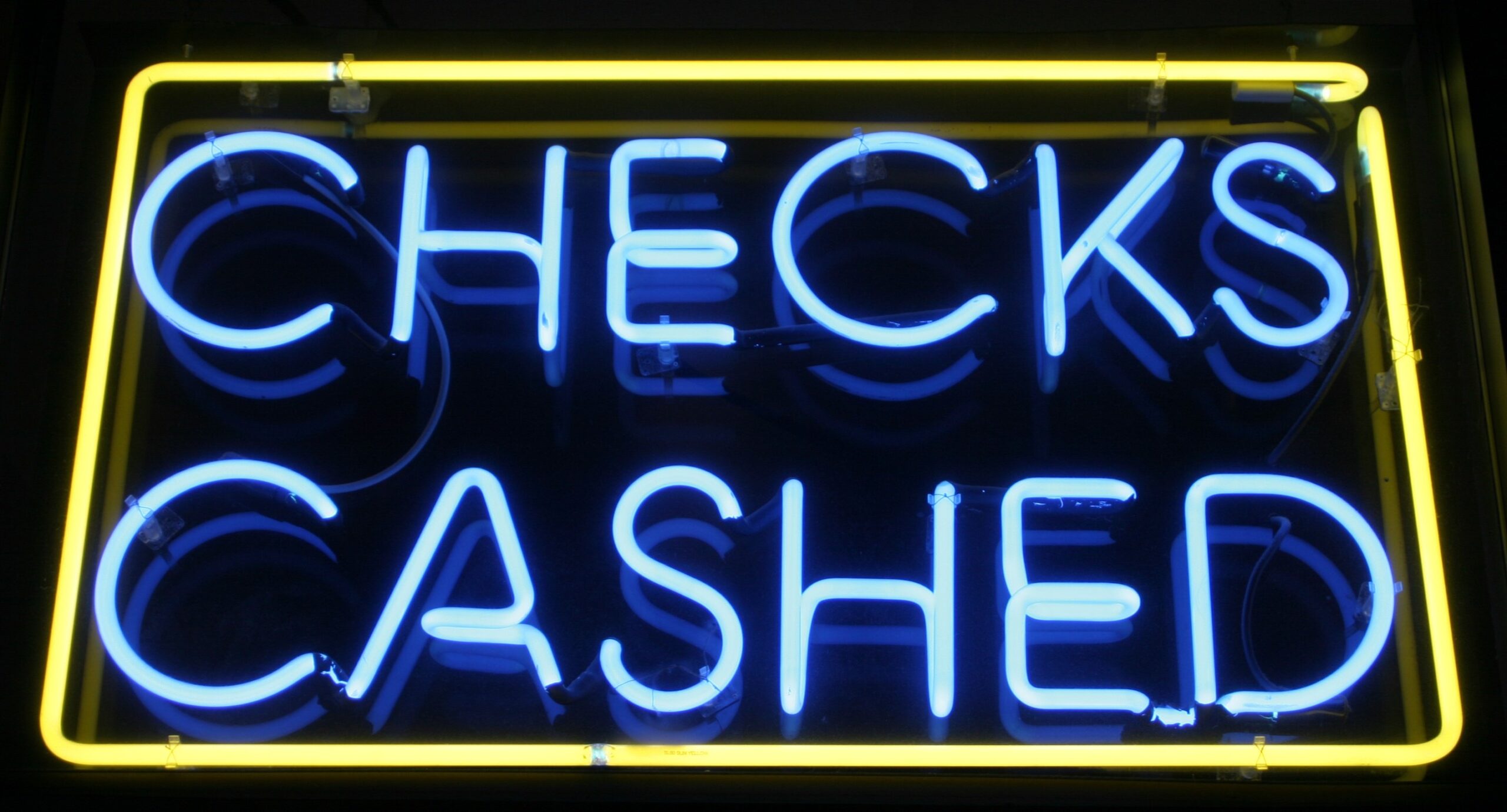
Disclaimer: This will not be an easy process! If you can work with the seller to find a title or if the seller can get a new one issued DO THAT FIRST.
If you are determined to purchase a vehicle without a title (or if you have already purchased a vehicle and did not receive the title) then here are some steps to take to make sure your vehicle is legally ready for the road:
#1: Communication is Key
You are going to need to be in contact with the DMV and the seller quite frequently. It is important to get as much background informations as you can from the seller on the car.
- Where did they get the car?
- How long have they had the vehicle?
- Is there a lien on the car?
- What is the VIN (vehicle Identification Number)?
- Who has ownership of the vehicle?
If you can find out some of this info before hand it will help you in the long run. You will need to talk to your local DMV about their specific requirements, because these can vary by state. Find out as soon as possible what you will need to get a title for your vehicle.
Use this checklist when buying a used vehicle:

#2: Get a Bill of Sale
Make sure you have your seller write up and sign a bill of sale for this vehicle with specific terms of your agreement. A bill of sale will help prove ownership of the vehicle and some states will not do anything for you if you do not have a bill of sale in hand.
#3: Make Sure it’s Not Hot
There are 2 ways to do this:
- Contact your local police department with the VIN of the car so that they can check to make sure the vehicle is not stolen or has been involved in any illegal activities.
- Get a NMVTIS (National Motor Vehicle Title Information System) Vehicle History Report by going to the NMVTIS website. This report will return vehicle condition and history information.
*Note: We are not affiliated with the National Motor Vehicle Title Information System. Please use their information at your own regard.
#4: Check for a Lien
You will want to contact your local DMV to make sure there is no active loan on the vehicle. If the vehicle is in your name and a bank or other institution is owed money on it, they will not hesitate to come after you for the money. If there is a lien present, contact your seller and/or the financial institution right away to try to sort out the issue before proceeding.
#5: Purchase a Lost Title Bond
Most states will require a Certificate of Title Bond in order to get a new title for your vehicle. The purpose of the certificate of title bond is to indemnify any prior owner who owns the title to the vehicle. It protects the department of motor vehicles (DMV) from the loss of vehicle and potential damaged caused. It also protects potential buyers from obtaining a fraudulent duplicate of title.
The amount of the bond varies from state to state, but is usually around 1 to 1.5 times the value of the vehicle. The price you pay for the bond will vary depending on the amount of the bond, your credit score, and other financial history.
Surety Solutions, A Gallagher Company does not issue Certificate of Lost Title Bonds
Before you purchase your title bond – learn important payment info
#6: Contact Your Local DMV
Go back to your local DMV and make sure that you have EVERYTHING that they have asked for. There will be another fee here that will vary by which state you live in, but this should be your last step to making sure your car is register to hit the road! Buying a car with no title can be very tricky, but if you put forth the effort and communicate well with DMV it can be done.
Related Posts:







